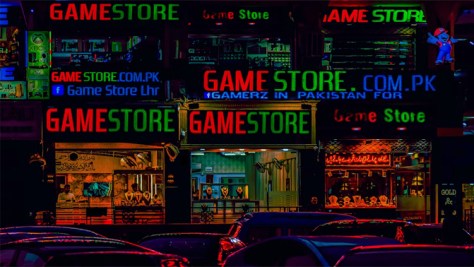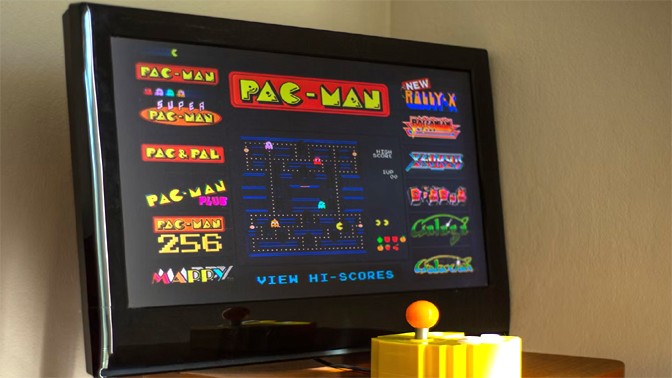Selling old video games can be a profitable endeavor, especially as nostalgia for retro gaming grows. Whether you have a collection of classic titles from childhood or have recently acquired a stash of rare finds, there are numerous avenues to turn these games into cash.
This guide will explore the best strategies, platforms, and tips to maximize your earnings while ensuring your cherished games find a new home. From assessing the value of your collection to understanding the nuances of different marketplaces, you’ll discover how to make the most out of selling your old video games.
Assessing the Value of Your Collection
Before listing your old video games for sale, it’s crucial to understand their potential market value. Start by researching similar items on various selling platforms such as eBay, Amazon, and specialty gaming forums. Take note of the condition, completeness (including original packaging and manuals), and rarity of the games. Limited edition releases, rare titles, and games still in their original sealed packaging often fetch a premium price compared to common titles lacking their original cases or manuals.
Next, consider using online pricing guides and databases to get an accurate estimate of what your games might be worth. These resources offer an average selling price based on recent transactions, helping you set realistic expectations. Be prepared to adjust your pricing based on the demand, as well as the condition of your items. If you’re selling old Nintendo games, for example, you might find that titles from popular franchises like Super Mario or The Legend of Zelda will fetch a higher price compared to lesser-known games. Similarly, games in mint condition will likely command a higher price than those with visible wear and tear.
Choosing the Right Platform
Selecting the appropriate platform for selling your old video games can significantly impact your success. General marketplaces like eBay and Amazon provide broad exposure and a large customer base. On eBay, auctions can help you achieve higher prices if multiple buyers are interested, while ‘Buy It Now’ options offer quicker sales. Amazon is particularly useful for selling games in excellent condition or still in new packaging, as customers often pay a premium for these items on this platform.
Alternatively, consider specialized marketplaces like game-specific forums, Facebook Marketplace, and local gaming shops. Selling on forums or local venues can reduce fees and allow for direct communication with potential buyers, which may lead to quicker sales. However, keep in mind that these options may have a smaller audience than larger marketplaces. Balancing the benefits and drawbacks of each platform can help you determine the best venue for your games.
Preparing Your Games for Sale
Presentation is key to achieving the highest possible price for your old video games. Start by cleaning your games thoroughly. Remove dust and grime from cartridges, clean the cases, and gently polish the discs. If your games include manuals and other documentation, make sure they’re free of tears, stains, and creases. Well-preserved items are more appealing to buyers and can command higher prices.
Additionally, take high-quality, well-lit photographs of your games from various angles. Highlight any unique features, original packaging, manuals, and any signs of wear or damage. Providing clear and detailed images helps build trust with potential buyers and increases the likelihood of a successful sale. A detailed and honest description accompanying your photos is essential as well, as it informs buyers of the exact condition and content of the item they are purchasing.
Marketing Your Collection
Marketing your old video games effectively can help increase visibility and attract potential buyers. Creating compelling listings with rich descriptions and high-quality photos is a crucial first step. Clearly outline the key features of each game, the condition, and any unique selling points. Use keywords strategically to ensure your listings appear in relevant searches.
Social media platforms can also be powerful marketing tools. Share your listings in gaming groups, retro game forums, and on your own social media profiles to reach a broader audience. Engaging with communities that have a vested interest in retro gaming can lead to word-of-mouth referrals and increased interest in your collection. Regularly updating your posts and maintaining active communication with potential buyers can help build credibility and trust.
Negotiating and Closing the Sale
 Successfully navigating negotiations can make a big difference in the final price you receive for your old video games. Be prepared for potential buyers to ask questions and negotiate prices. Setting a firm but fair starting price and being open to offers can create a positive negotiation environment. Understand your minimum acceptable price beforehand, but also be willing to consider reasonable offers that can lead to a quick sale.
Successfully navigating negotiations can make a big difference in the final price you receive for your old video games. Be prepared for potential buyers to ask questions and negotiate prices. Setting a firm but fair starting price and being open to offers can create a positive negotiation environment. Understand your minimum acceptable price beforehand, but also be willing to consider reasonable offers that can lead to a quick sale.
Selling old video games can be a rewarding way to declutter and make some extra money, especially as the market for vintage and nostalgic items continues to grow. By carefully assessing the value of your collection, choosing the right selling platforms, thoroughly preparing your items, and marketing them effectively, you can maximize your earnings.
Remember that presentation and communication are key components of successful sales. Whether you’re a casual collector or a dedicated enthusiast, these strategies will help ensure your cherished games find appreciative new owners while allowing you to profit from your hobby.




